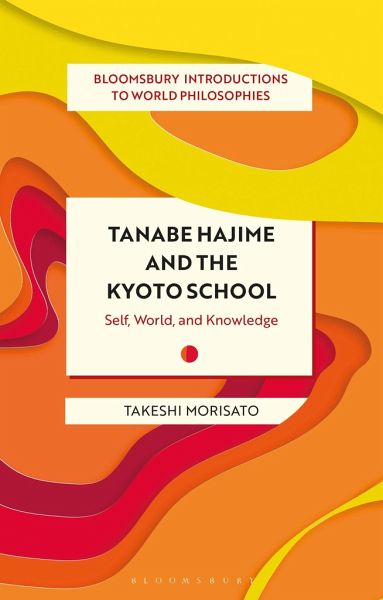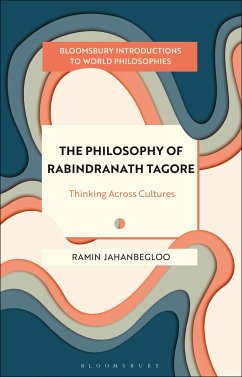
Tanabe Hajime and the Kyoto School
Self, World, and Knowledge
Herausgeber: Kirloskar-Steinbach, Monika; Rivera, Omar; Perina, Mickaella; Pang-White, Ann A; Mungwini, Pascah; Morisato, Takeshi; Madaio, James; El-Bizri, Nader; Kalmanson, Leah; Stewart, Georgina
Versandkostenfrei!
Versandfertig in über 4 Wochen
30,99 €
inkl. MwSt.
Weitere Ausgaben:

PAYBACK Punkte
15 °P sammeln!
This introduction to Tanabe Hajime (1885-1962), the critical successor of the "father of contemporary Japanese philosophy" Nishida Kitaro (1870-1945), focuses on Tanabe's central philosophical ideas and perspective on self, world, knowledge, and the purpose of philosophizing. Addressing Tanabe's life-long study of the history of Anglo-European philosophy, Takeshi Morisato explores his notable philosophical ideas including the logic of species, metanoetics, and philosophy of death. He sets out Tanabe's belief that the Anglo-European framework of thinking is incapable of giving sufficient answer...
This introduction to Tanabe Hajime (1885-1962), the critical successor of the "father of contemporary Japanese philosophy" Nishida Kitaro (1870-1945), focuses on Tanabe's central philosophical ideas and perspective on self, world, knowledge, and the purpose of philosophizing. Addressing Tanabe's life-long study of the history of Anglo-European philosophy, Takeshi Morisato explores his notable philosophical ideas including the logic of species, metanoetics, and philosophy of death. He sets out Tanabe's belief that the Anglo-European framework of thinking is incapable of giving sufficient answers to the philosophical questions concerning the self and the world together and discusses the central ideas he developed while working in both Judeo-Christian and Mahayana Buddhist traditions. Featuring comprehensive further reading lists, discussion questions, and teaching notes, this is an ideal introductory guide to Tanabe Hajime for anyone interested in Japanese and World philosophies, as well as the early development of the Kyoto School.













